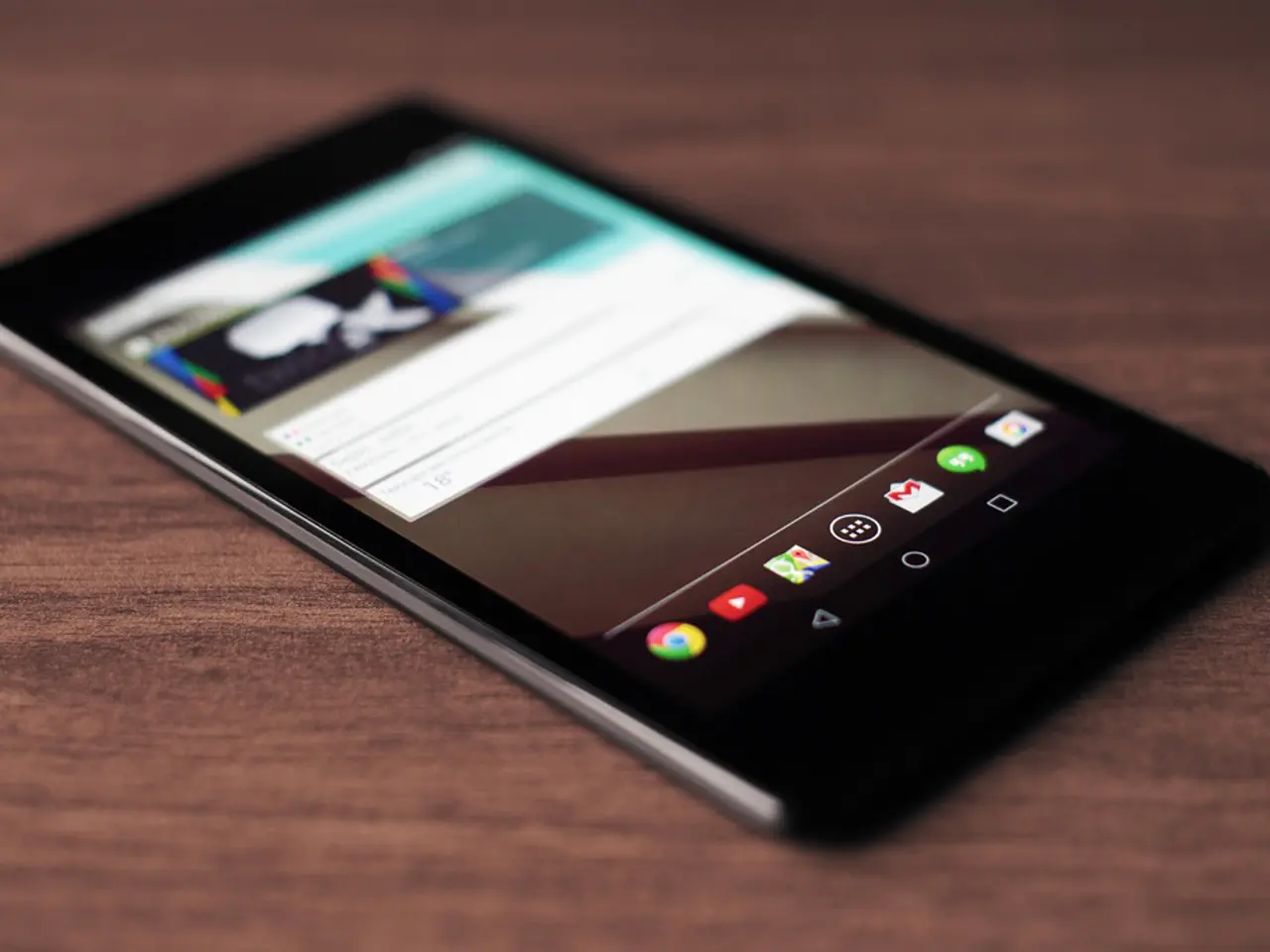Smartphone left unattended on table could pose risks. - Phone positioned on table?
In a recent study conducted by Prof. Dr. Sven Lindberg and doctoral student Jeanette Skowronek at the University of Paderborn, it was found that the mere presence of a smartphone can negatively impact personal relationships and productivity. The study involved two strangers being placed in a conversation situation with a smartphone or small laptop on the table.
The researchers concluded that a phone, even when just nearby, prevents real closeness from forming between people. Those who had a personal conversation were more likely to say they could imagine becoming closer friends, but this was not the case when a phone was on the table. The study suggests that to build a personal relationship or work concentrated, the phone should not be on the table and is ideally not even in the same room.
The study's findings are not limited to social interactions. Prof. Dr. Sven Lindberg also found that the mere presence of a smartphone has a negative effect on attention during simulated video conferences. The presence of the device in the room affected the perception of the conversation.
The study found no significant difference in performance between students who showed signs of smartphone addiction and those who did not. However, the students who had their smartphones on the table were found to be slower, less focused, and worse at switching between tasks, regardless of whether they showed signs of addiction.
The advice is to consciously decide to physically distance oneself from the devices to truly clear one's head, even if one has the use of the device under control. This advice aligns with a 2012 study conducted by the University of Essex, which revealed the negative effects of smartphones on social life.
The study at the University of Paderborn was funded by the institution itself. It involved 49 students aged 20 to 34 who were divided into groups, some with their smartphones on the table and others without. The researchers also found that the presence of a smartphone, even if it's turned off, affects cognitive performance and causes users to work slower and less focused.
In conclusion, the study provides compelling evidence that smartphones can hinder personal connections and productivity. While the use of these devices has become ubiquitous in modern life, the findings suggest that it may be beneficial to consciously limit their presence during important conversations and work tasks.








